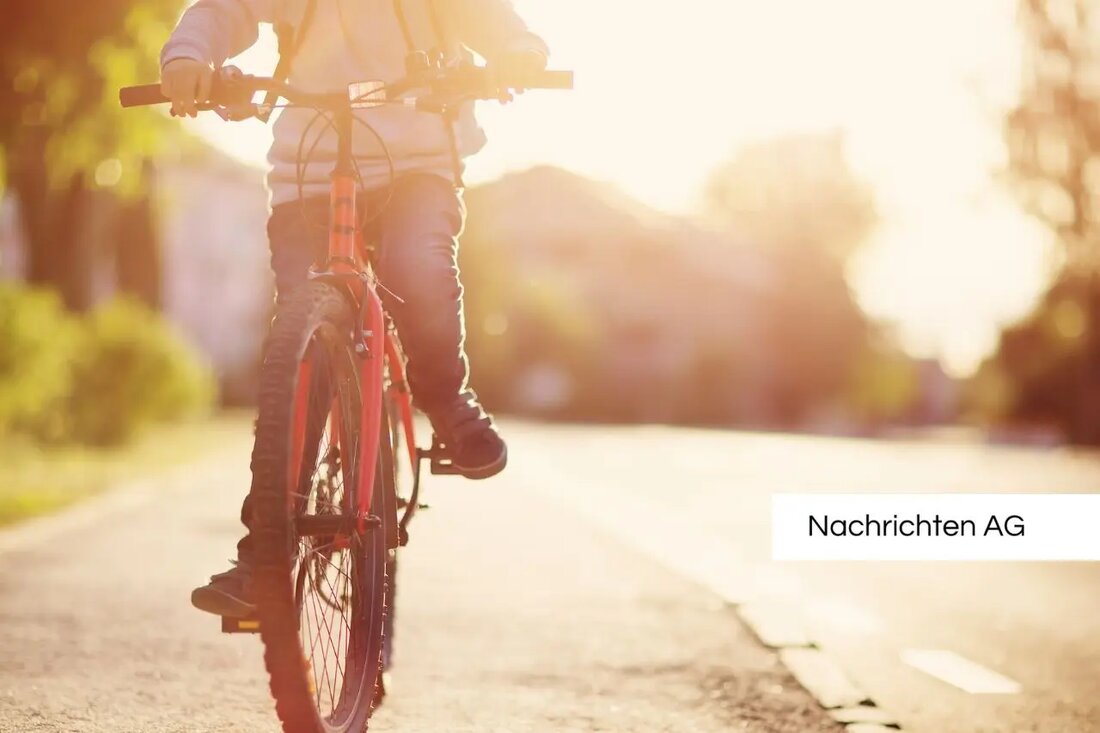Athletic future in danger: Children suffer from Corona episodes!

Athletic future in danger: Children suffer from Corona episodes!
The effects of corona pandemic on the sporting performance of children and adolescents are still worrying. A current examination of the Momo 2.0 study that has been carried out since 2003 shows that the endurance performance has dropped considerably. According to the preliminary results, the performance of boys in the bicycle endurance test fell by 7.7 percent, while girls even recorded a decline of 9.6 percent. Professor Alexander Woll, the head of the study, indicates the possible long -term negative consequences for motor development. The study was carried out between mid -2023 and late 2024 at around 4,500 children and adolescents between the ages of 4 and 17, such as ZVW.de reported.
The Momo 2.0 study is a sub-module of the Child and Youth Health Survey (Kiggs) of the Robert Koch Institute and has been carried out in more places in Germany under the name Momo 2.0 since October 2022. The Federal Ministry of Health promotes this project. The aim of the investigation is to analyze physical fitness and activity behavior of the population living in Germany over a longer period of time. The results should not only improve the health situation of children and adolescents, but also provide important knowledge for future measures, so ifss.kit.edu .
decline in active participation in the sport
Despite the recovery of the sports clubs, only around 20 percent of children and adolescents achieve the activity level of at least 60 minutes per day recommended by the World Health Organization (WHO). In order to better understand the situation, an additional 1,500 participants were included in the study who were looked after before, during and after the pandemic. These received special questions about their media consumption and mental health. The results are discussed at the "Moving children" congress in Karlsruhe, which takes place on March 21st and 22nd, 2025, as ifss.kit.edu notes.
movement, play and sport are of crucial importance for the development of children and adolescents. The motor performance serves as an important marker for health. The decline in sporting activities has already been documented in earlier reports, such as in an article in the SPIEGEL from April 17, 2021. It is pointed out to the drastic slumps in movement during the first two waves of pandemic, and experts warn of considerable physical and psychosocial consequences for the generations concerned. The increase in screen use times is also alarming, with an increase in an average of 130.9 minutes to over 227 minutes a day in the later waves of pandemic, which underlines the declined declines of physical activities, such as pmc.ncbi.nlm.nih.gov illustrates.
social challenges and perspectives
Pandemic also had strong psychosocial effects on children and adolescents. 71 percent of the parents reported considerable stress, while 40 percent of children and adolescents reported a reduced quality of life. In addition, psychosomatic symptoms and mental diseases were increasingly found. Particularly socially disadvantaged children are facing increased challenges. The study shows urgency for support and measures to improve the living conditions of these children to avoid a "lost generation".
In summary, it should be noted that the sporting activities and psychosocial health of children and adolescents have been severely affected by Corona pandemic. There is an urgent need for action to improve the health and social aspects in the field of child and youth sports and to promote sustainable development for the future.| Details | |
|---|---|
| Quellen | |
